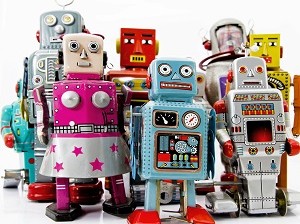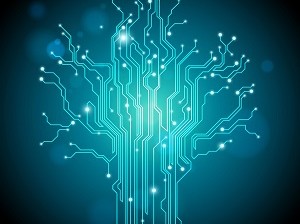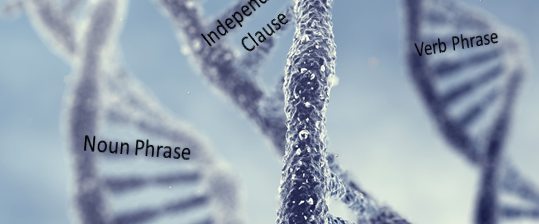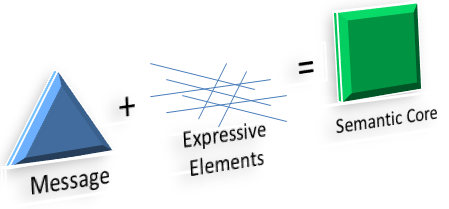Category Archives: Computing
Computing hardware, parallel approaches to software and hardware design, automation
26 May AI Domains and Approaches

Grouping, Classifying and Categorizing How do you solve big technical problems? Rather than selecting or inventing an approach and then attempting to apply it to a problem to see how well it works, let’s analyze the problem and see if we can find or invent a solution that matches the problem space, and see if […]
21 May Modeling After a Fashion

Perennial Image Problems Artificial Intelligence has an image problem. Yes, there are cybernetic characters like R2D2, C3P0 and Commander Data whom we love, but some products built using AI techniques have the dubious reputation of being useful but not entirely dependable. Think of songs sung about Sirius Cybernetics Teleporter products (see lyrics below). It is possible that […]
20 May Cybernetic Modeling for Smarty-Pants

Introduction Model railroads come in several scales: O, HO and N gauge enable hobbyists to model real-world objects in miniature using successively smaller standards. In N gauge it is possible to build an entire city in the basement. A good model photographed with still or motion pictures may be so realistic that viewers believe they are looking […]
14 Apr Translation: Inverted Communication

Lately I’ve been concentrating on modeling communicative skills. Whether speaking, signing, gesturing or writing, we begin with intent and wrap symbols around the intent or message to encode it. Translating and encrypting start with a fully encoded message, and unwrap it, before rewrapping it in a different form that is intended to preserve the original intent. Translation is an application […]
10 Apr Talking About Computational Linguistics

Computational Linguistics Today Massive strides have been made in the cognitive definition of thought, perception, culture and language. The interaction or kinship of all these elements of the human experience is also better defined. This combined work has increased our self-awareness and provided the basis for synthesizing and modeling automata to extend our abilities and […]
05 Apr Knowing About Agents and Instruments

Cause and Effect Causal knowledge can be learned by experience, as described in our friend Yorrick’s early experiences with the source of good feelings (Section 4: Seeds of Knowledge). The process of learning from experience is empirical and very fuzzy, meaning it is difficult to describe or replicate the learning process artificially. Cause can also […]
28 Mar Is Everything Black or White?

We have exercised our abstract ideas about that which is too big and chaotic for us to understand (everything), let’s take a glimpse at that which is so small and chaotic that we may never really figure it out: the workings of the mind. In the next few posts, we will examine different forms of logical […]







